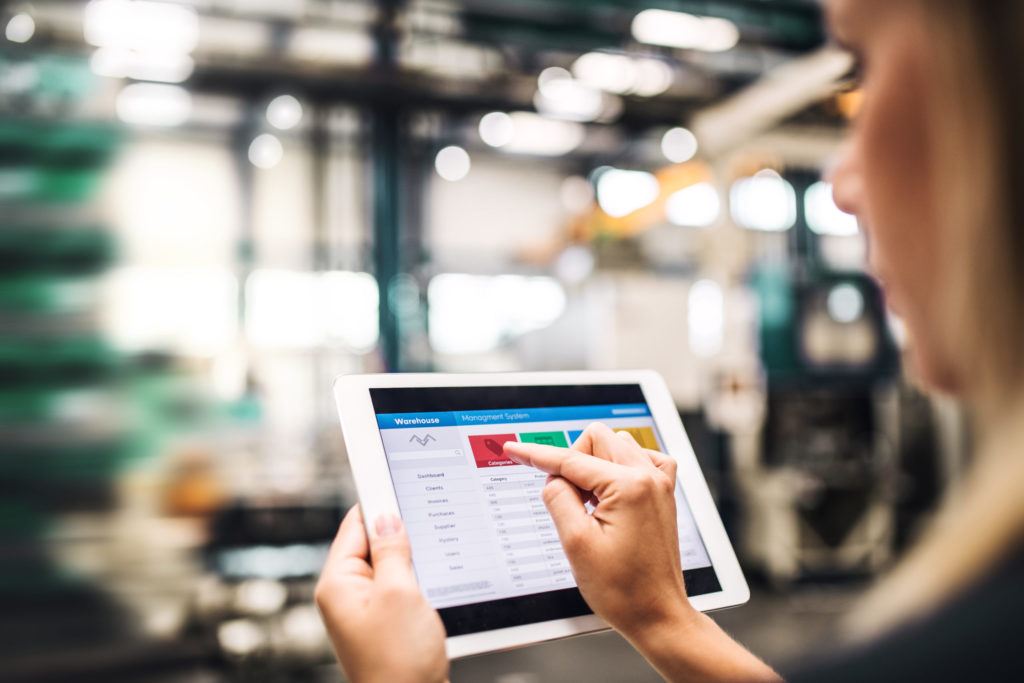Industrial panel PCs have become increasingly popular in recent years for their versatility and convenience in a variety of industrial applications. These specialized computers are designed to provide a wide range of features and capabilities to meet the needs of businesses operating in a range of industrial settings. In this blog, we will explore the many benefits of using an industrial panel PC and why they are becoming a go-to choice for industrial operations worldwide. From rugged construction and reliable performance to efficient data processing and user-friendly interfaces, we will uncover the many advantages of these robust computing solutions. Keep reading to learn more about the benefits of using panel PCs.
What benefits do panel PCs offer over traditional PCs?

Panel PCs are ideal for use in harsh industrial environments where a traditional desktop PC cannot withstand the conditions. Industrial panel PCs are housed in a ruggedized chassis designed to protect the internal components from dust, dirt, moisture, and other environmental hazards. They also typically include features such as an extended operating temperature range, isolated I/O, and an ignition control switch that allows them to be powered on and off remotely.
Industrial panel PCs offer several benefits over traditional desktop PCs for industrial applications. First, they are more reliable because they are specifically designed to operate in harsh environments. Second, they provide greater flexibility due to their modular design, which allows users to customize them with the specific I/O and functionality required for their application. Third, they consume less power than traditional desktop PCs, which can result in significant savings over time. And finally, they are easier to maintain and service because all of the components are accessible from the front panel.
What are the advantages of using panel PCs in industry environments?

In the industrial manufacturing space, panel PCs are becoming increasingly popular due to their ability to provide a variety of advantages to the user. These panel PCs are built with robust and reliable hardware and have a wide range of features that make them an ideal choice for a variety of industrial applications.
One of the most significant advantages of using panel PCs is that they reduce the amount of wiring and installation time needed for a project. With a traditional desktop PC, you would need to connect different cables to the computer to get it up and running. This can be difficult and time-consuming, especially if you are unfamiliar with how to do it. Panel PCs eliminate this hassle by incorporating all the necessary ports and connectors into the unit. This means there is no need to run cables from the PC to other devices in your system, saving you both time and money.
Another advantage of panel PCs is their durability. Because they are designed for use in harsh industrial environments, panel PCs are built to withstand extreme temperatures, humidity levels, and vibrations. This makes them ideal for applications where reliability is critical, such as manufacturing plants or transportation systems. In addition, because they have a touchscreen interface, panel PCs are easy to use and can be operated by virtually anyone.
Panel PCs are becoming increasingly popular in industrial settings due to their enhanced accuracy. Traditional industrial computers use desktop processors, which can be susceptible to vibrations and noise from the machinery around them. On the other hand, panel PCs have processors specifically designed for panel mounting, making them less susceptible to environmental factors. This leads to increased accuracy and reliability in data collection and processing.
Overall, panel PCs provide an efficient, accurate, and user-friendly solution for industrial applications. They are quickly becoming the preferred choice for many businesses looking to improve their operations. They provide several benefits that can help companies to run more smoothly. These benefits can include increased efficiency, improved communication, and greater security.





